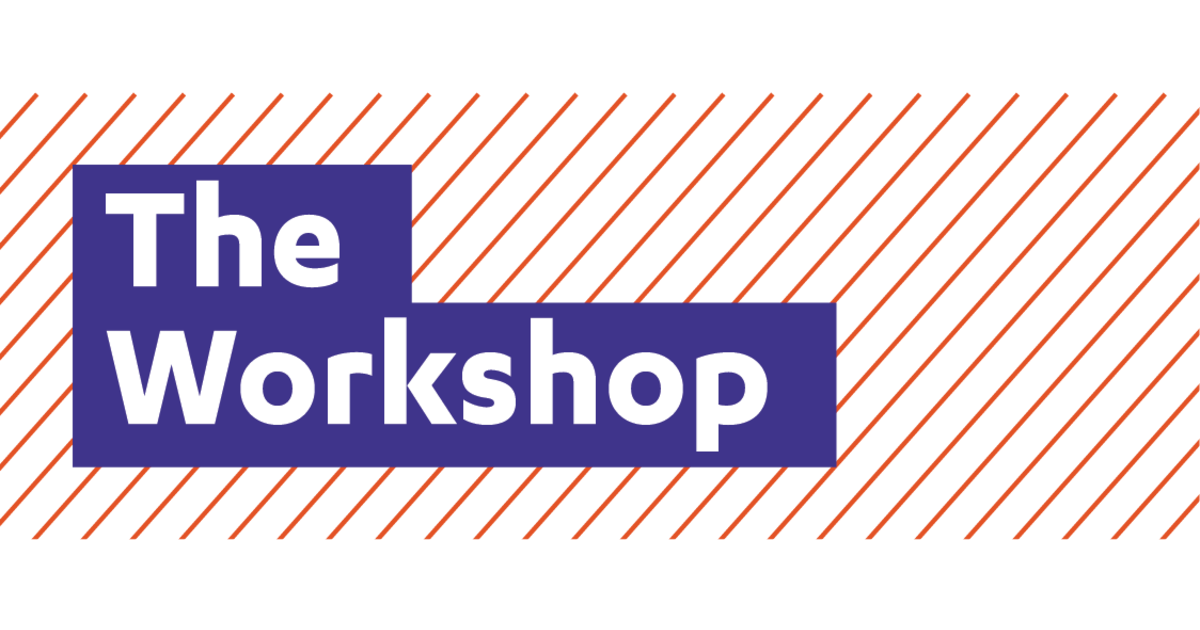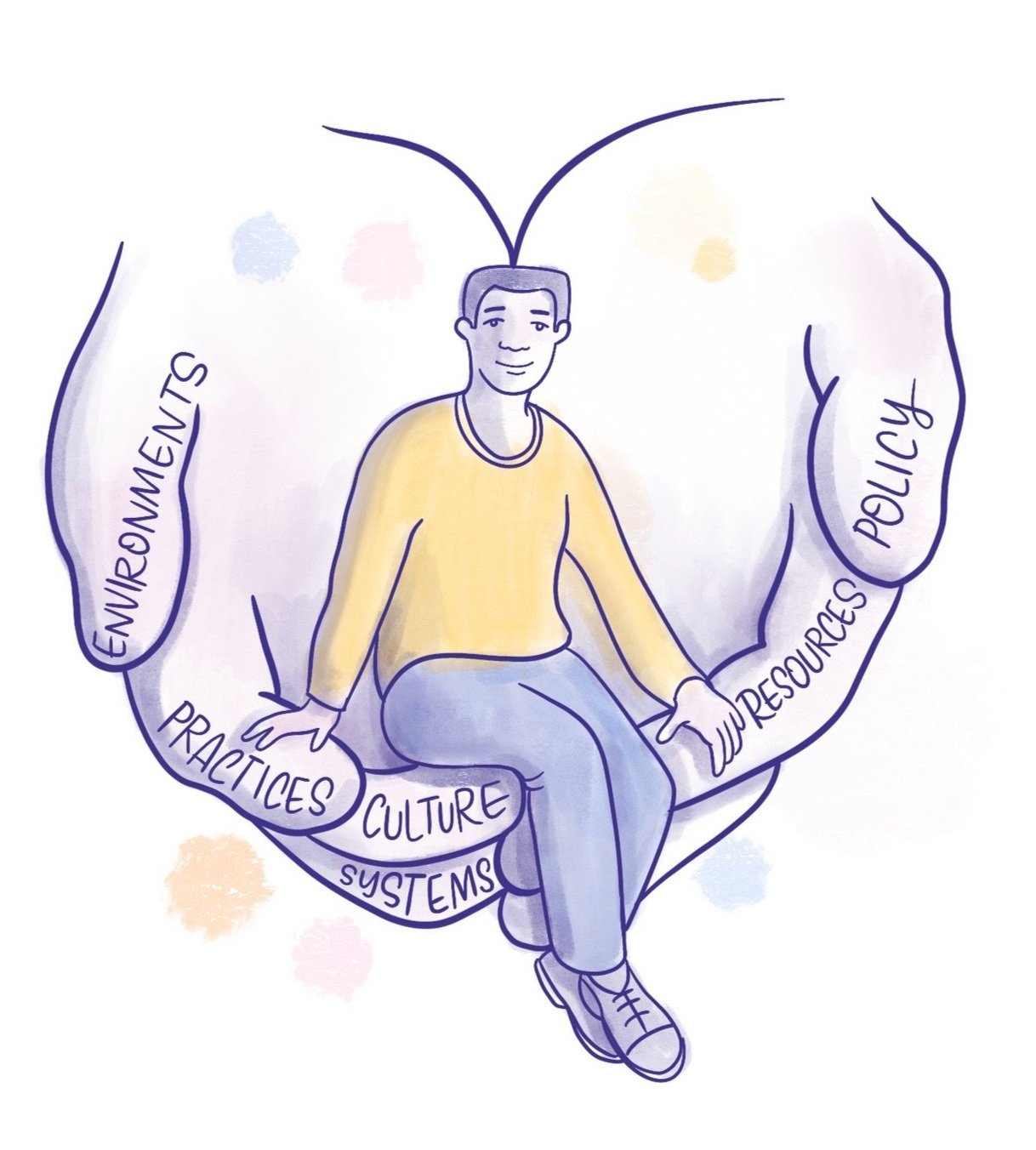Kia ora from Jess,
Image of Dr Jess Berentson-Shaw smiling
We want to acknowledge the pain being felt across the disabled community from the sudden and immediate changes the government announced yesterday to some disability funding. In such moments of anger, and frustration I find myself doing the thing that helps me most, thinking about how to frame the moment for better decision- making. These are ideas based on my personal experience as a parent of disabled children who is affected by these changes, and the framing research we do here at The Workshop.
#1. Refuse to accept the "not enough money" frame
While there may be issues of budget allocation and cost effectiveness at play, don't do the work of the people making these harmful changes at speed, by accepting the frame they want us to talk about disability support through. Instead use your own frame – the story you want to tell about the importance of enabling disabled people to live good lives and why (the values at the heart of it). I often talk about how important self determination and deciding for ourselves is to help all people, disabled or not, to reach their goals. Then we can go on and talk about why we NEED to find the funding to make this happen for disabled people. Helping people reason about where our collective funds should go if we focus on what matters, as opposed to just accepting there is not enough money.
#2. Disabled people and whānau are strong, determined, problem solving people
Disabled people and whānau are full of grit & determination. Accomplices you know this as you see disabled people and whānau work to solve the most hard and relentless problems. Lead with this strength (not vulnerability). It’s part of shifting unhelpful deficit driven cultural mindsets about disabled people.
#3 Explain that stress is a significant factor in the health and wellbeing of disabled people
People who are not disabled can relate to what stress feels like, how it overloads us, constrains and stops us from thriving and living good lives. It is an invitation to listen for people who may find it hard to understand exactly what it is like to be disabled by an able-bodied world.
Image shows a person sitting inside cupped hand. On the hands is written Environments, practice, policy, systems, resources.
#4 Explain that the current systems of support (and lack of trust, flexibility and funding) is the source of even MORE stress.
Use the overloaded truck metaphor to help explain how the system itself overloads people, families and communities, and stops us going anywhere, sometimes literally. It is made more stressful because everything so is much harder than it needs to be because of its rules, restrictions, refusal of care, eroding of support – including the announcement yesterday.
#5 Help people see that this is not about "them over there" it is about all of us here
A community is made of diverse people and groups. That is what makes us strong and able to face problems and challenges, to experience joy, to learn, to deepen our understanding and think critically. Enabling disabled people strengthens our collective in so many ways, and that is how we all thrive.
#6 Give people a clear concrete solution
In this case it could be properly enacting the principles of the enabling good lives framework. Ask people to directly email the Minister, their MP with this ask and use this framing.
In this moment of anger and pain please take the time to feel that. If you do have the energy to use that anger to advocate for better, then framing is one tool we can all use. It helps to deepen understanding and remind people of the things that matter most (in this case that disabled people are properly supported). If you’d like to learn more about how to use framing as part of your toolkit for change then find out more about training we do.
Ngā mihi
Jess


